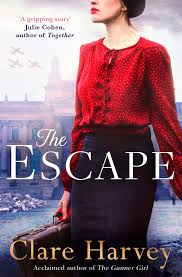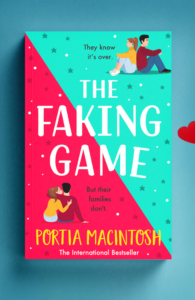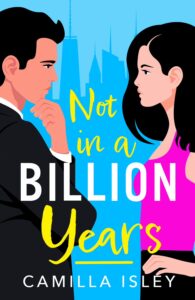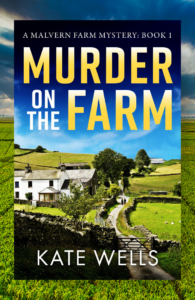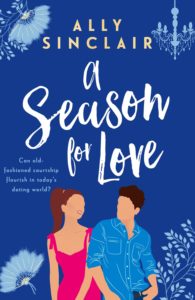Detta works as a translator for a Nazi-run labour camp for French workers. One winter morning in early 1945, Detta passes a group of exhausted British prisoners of war who are being force-marched westwards. The following day she receives an urgent message to contact the local priest. He is harbouring a group of escaped British prisoners of war in the manse: can she help?
London, 1989. Miranda is a 19-year old photography student in London, in thrall to her older boyfriend, a journalist called Quill. In November the fall of the Berlin Wall is all over the news. Quill asks Miranda to come with him to Germany: before they leave, Miranda’s grandmother gives her an old postcard of the village she was born in. Miranda hopes that working together in Berlin will help cement the cracks in her relationship with Quill, but one night his behaviour spills over into violence, and Miranda ends up fleeing through the rubble of the Berlin wall and into the East. As she travels further, she begins to suspect she’s being followed by the Stasi. If she goes on, she worries that she’ll be taken into custody and be accused of spying; if she turns back, it means returning to Quill.
At last her grandmother’s photograph offers the solution. She tells people that she is going to find her family in the East. The Catholic church, and the manse, opposite where her grandmother once lived, are still standing. And the secrets of the past begin to be revealed.
The Escape by Clare Harvey Review
An Engrossing Story of Forbidden Love and its’ Repercussions Set Amidst the Horror of World War 2
As a lover of both history and books, I do enjoy a good historical novel. I generally don’t mind how heavy or long they are, because for me there is something special about dwelling in the past for a little while. However, having said that, it is a joy when a book comes along like The Escape that is set in the past but is also easy and pleasurable to read.
I have to admit that I wasn’t sure from the cover exactly what type of novel it would be. Would it be more love story than historical novel? Would it be light on the details that make you feel and understand what it was like to be there?
I soon discovered that I shouldn’t have been worried, of course, we are warned never to judge a book by its cover – but in practise that can be tough to do.
The Escape was a nice mix of the more human element and beautifully researched historical detail. There was also enough danger to make it exciting too.
The novel is really two intertwined stories set primarily in Germany during different periods of the 20th century.
The first thread focuses on Detta’s life in a small village as the Russians approach from the east towards the end of World War 2.
The second centres on that of her granddaughter Miranda who is in Berlin in 1989 as the communist regime begins to crumble and the wall falls.
There is a backdrop of considerable chaos and crisis to both stories. For Detta, who has kept her head down during the war, there is fear of what the future holds as rumours circulate about the way the Russians are treating the Germans and German women in particular. The sense of impending doom and the almost constant sounds of battle add urgency to everyday life.
Throughout the novel, Harvey creates a feeling of not letting opportunities, moments or even people slip through our fingers. It is a theme that I find endlessly fascinating, how in times of war people are lifted out of themselves and do things they would never consider doing during peacetime. It’s a theme I think is explored well by Harvey throughout the novel.
Miranda, although not initially in the same danger as her grandmother, faces a different type of crisis in the form of an abusive boyfriend.
He is a richer, successful older man and she describes their relationship as ‘a multi-coloured surge of panic-love.’
She needs to escape in a different way and so she embarks on a quest into East Germany, but it is not as easy as she hopes to outrun her past.
It has actually been a while since I have read a book that totally sucked me in after the first few pages and kept me reading much later into the night than I usually do. However, I was hooked by Clare Harvey’s prose from the first chapter, when Detta boards the crowded last train to Breslau. The Russians are edging closer and people are panicking. Clare Harvey writes ‘There was an indecency in the intimacy of it’. Beautiful.
I think The Escape would definitely appeal to readers who enjoy easy to read historical dramas and romances set during the turbulence of war. For my part, I am now looking forward to exploring Clare Harvey’s other books.
The Escape is published by : Simon & Schuster UK
ISBN: 978-147116-187-2

